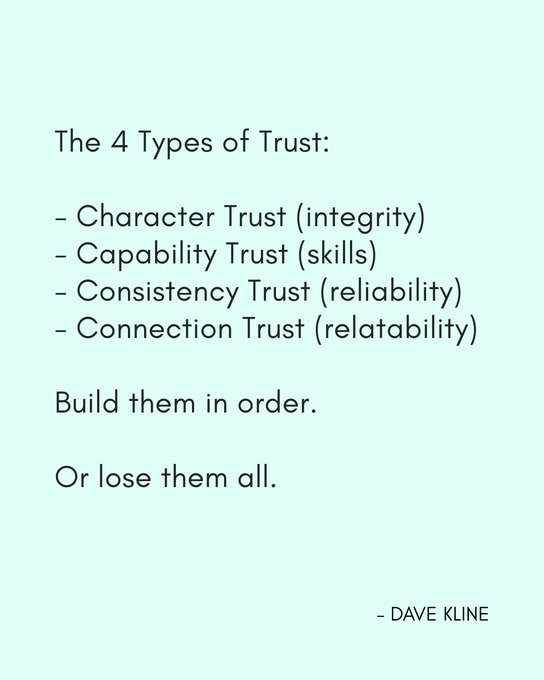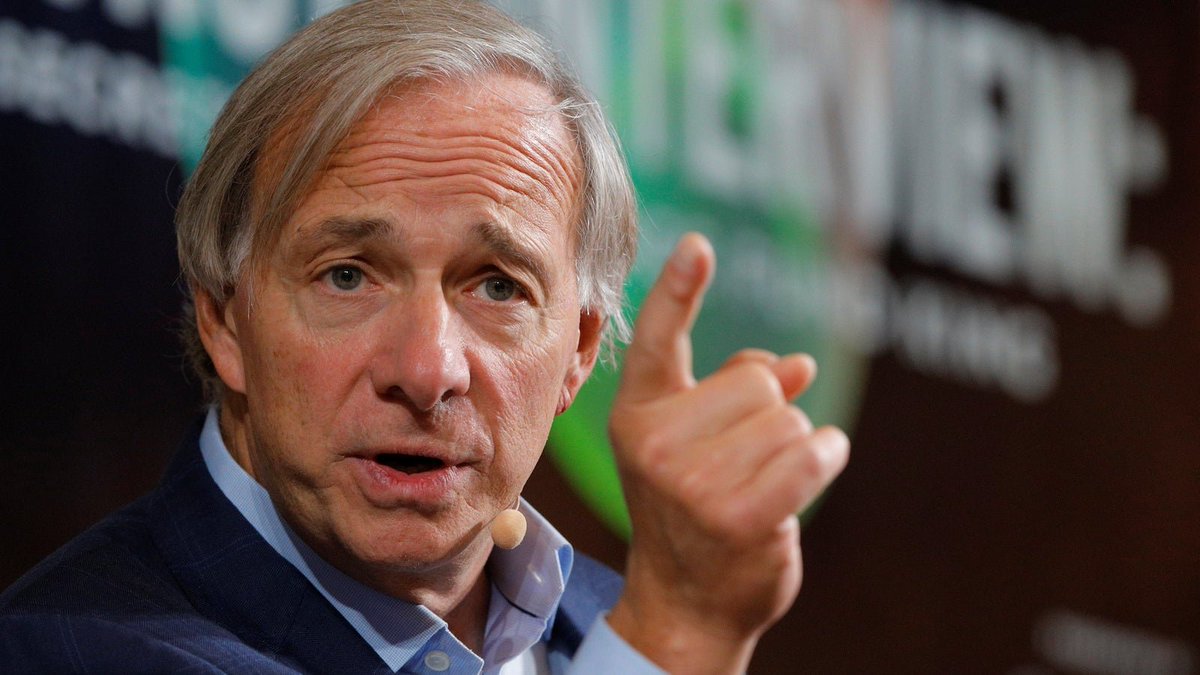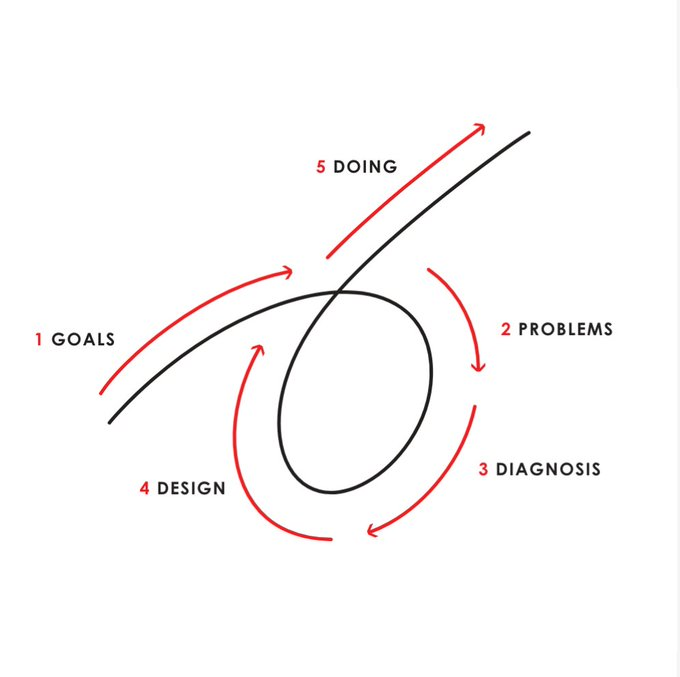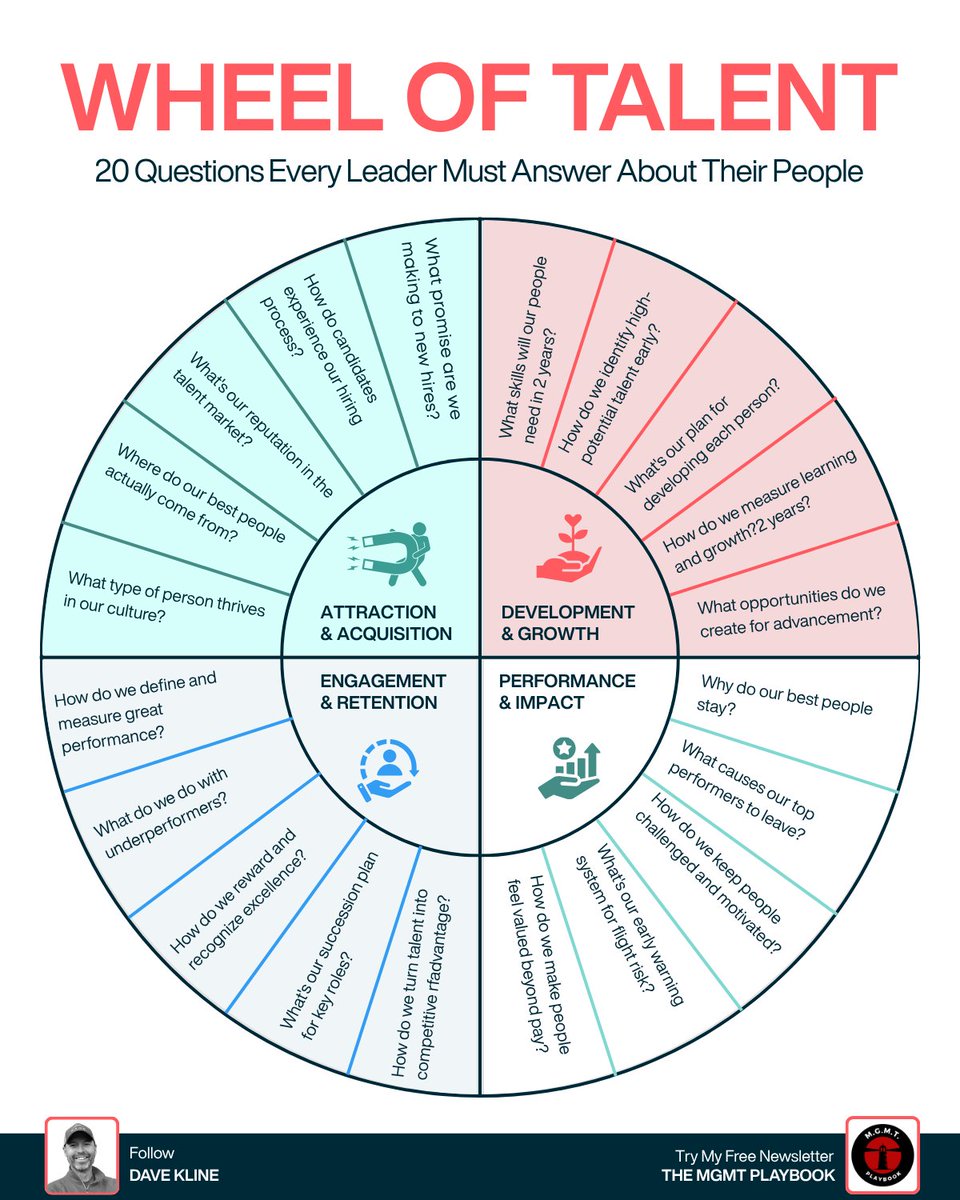
Become the Leader You’d Follow | Founder @ MGMT | CEO Coach | Advisor | Speaker | Trusted by 300K+ leaders. | Work with us: https://t.co/6P5ZGqxCyc
33 subscribers
How to get URL link on X (Twitter) App


 There are 4 types of trust.
There are 4 types of trust. 
 Clarity
Clarity
 2. Vulnerability is the surest sign of confidence.
2. Vulnerability is the surest sign of confidence.
 Is it possible to restore broken trust? Yes!
Is it possible to restore broken trust? Yes!
 Most teams fall into this pattern:
Most teams fall into this pattern:
 Trait #1: Ownership vs. Instruction
Trait #1: Ownership vs. Instruction
 Managing up isn't about sucking up or playing politics.
Managing up isn't about sucking up or playing politics.
 Called Shots
Called Shots
 The 5 Whys?
The 5 Whys?

 There's a leadership crisis brewing.
There's a leadership crisis brewing. 
 2. Success Comes Slowly, Then All At Once
2. Success Comes Slowly, Then All At Once